Bacteria biodegradability – End April Exhibits Varying Price Trend for LDPE, Rises in Asia but not in Europe and US 04-05-2024
Bacteria biodegradability
End April Exhibits Varying Price Trend for LDPE, Rises in Asia but not in Europe and US
During the last week, there was a varied movement in Low-density Polyethylene (LDPE) prices across different global markets. Prices declined in Europe and the USA, while the Asian LDPE market saw an increase. The main factors behind these price shifts in Western markets were subdued demand and abundant supplies, while the Asian LDPE market showed slight improvement by the end of April. Production costs were influenced by factors like the prices of feedstock Ethylene, upstream Naphtha, and Crude oil. Additionally, disruptions in supply routes due to geopolitical tensions also impacted the market. Bacteria biodegradability
As a result, European LDPE prices decreased by 1%, USA prices by 2%, whereas Chinese LDPE prices rose by 1% by the week ending on April 26th, 2024.
In Europe, a combination of reduced demand from downstream industries and the absence of competitive pressure with cheaper US import materials has led to a decline in LDPE prices. The shorter working month in Europe due to the Easter holidays and upcoming public holidays in May is expected to worsen the decrease in demand from converters. Even sectors like construction and beverages, typically active in spring, are not showing signs of recovery. Bacteria biodegradability
Given the softness in order volumes, converters are procuring materials solely to fulfill their current production requirements. Additionally, the decreasing cost of feedstock Ethylene has further contributed to the downward price trend of LDPE. Moreover, the ongoing decrease in U.S. crude oil prices, along with an increase in U.S. inventory build, and uncertainty surrounding interest rate cuts and the future of oil demand growth have impacted the global market overall.
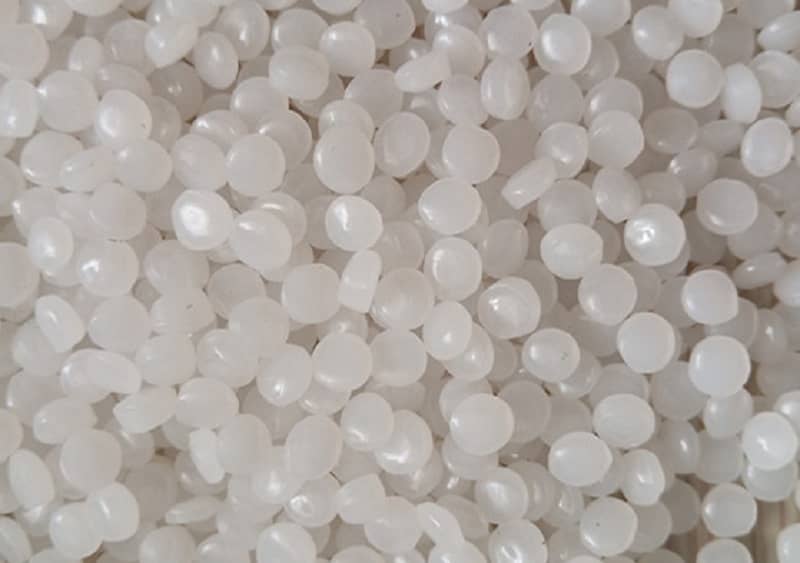
In a groundbreaking collaboration, Alterra and Firstar Fiber, Inc. have revolutionized plastic recycling through the Hefty ReNew program
This initiative recovers tough-to-recycle plastics, transforming them back into raw materials for new plastic production and other uses. This process significantly cuts down on landfill waste, lessens dependence on new fossil-derived materials, and curbs greenhouse gas emissions.
The Hefty ReNew program offers a practical way for individuals and businesses to contribute to recycling efforts. Bacteria biodegradability
Special orange bags, sold at local stores, are used to collect non-recyclable plastics, which are then sorted and processed by Firstar Fiber into reusable feedstock cubes. These cubes are key to remanufacturing and overcoming recycling challenges.
Alterra’s Akron facility boasts advanced technology, processing 20,000 tons of plastics annually, turning waste into valuable feedstock. Patrick Leahy, CEO of Firstar Fiber, and Jeremy DeBenedictis, President of Alterra, both stress the importance of this initiative.
It not only prevents millions of tons of waste from polluting landfills but also replaces vast amounts of virgin materials, making a substantial environmental impact.
The Hefty ReNew program stands as a testament to the power of innovative recycling solutions. Bacteria biodegradability
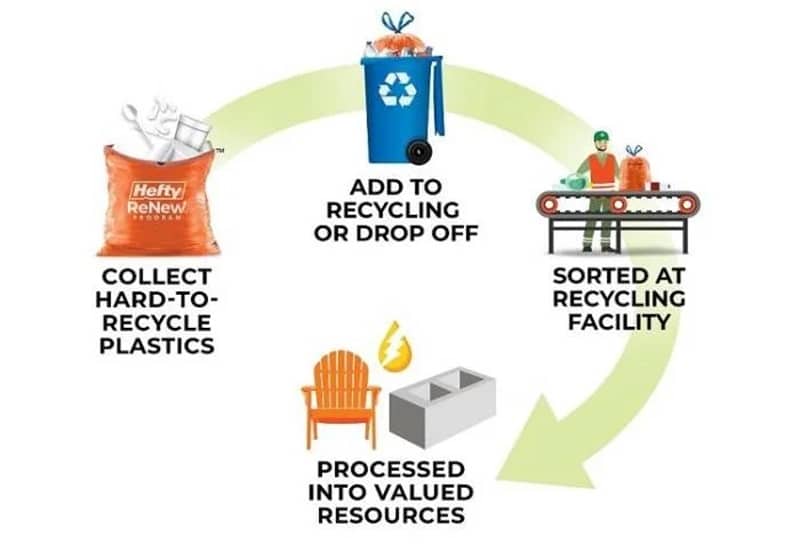
Hyosung TNC Partners with Geno in Development of Certified regen Bio Spandex
$1B invested in creating world’s first integrated production of Bio Spandex from raw material to fiber
As part of its corporate ESG commitment to achieving net zero by 2050 and supporting the wider textile industry to meet evolving sustainability goals, Hyosung TNC, the world’s largest manufacturer of spandex, has partnered with sustainable materials leader, Geno, to start construction at its plant in Vietnam of facilities to produce Bio BDO derived from sugarcane, commencing Q2 2026.
BDO is the technical name for butanediol, a chemical traditionally made from fossil fuels and a major ingredient in the manufacture of spandex. Bacteria biodegradability
Through proven plant-based Geno BDO technology, which ferments sugars derived from sugarcane to replace the fossil raw materials such as coal, Hyosung can build upon the successful launch of its extensive range of certified regen BIO Spandex products already adopted by leading global activewear brands.
Hyosung’s partnership with Geno establishes the world’s first fully integrated manufacturing site for bio-based spandex from renewable raw material to fiber.
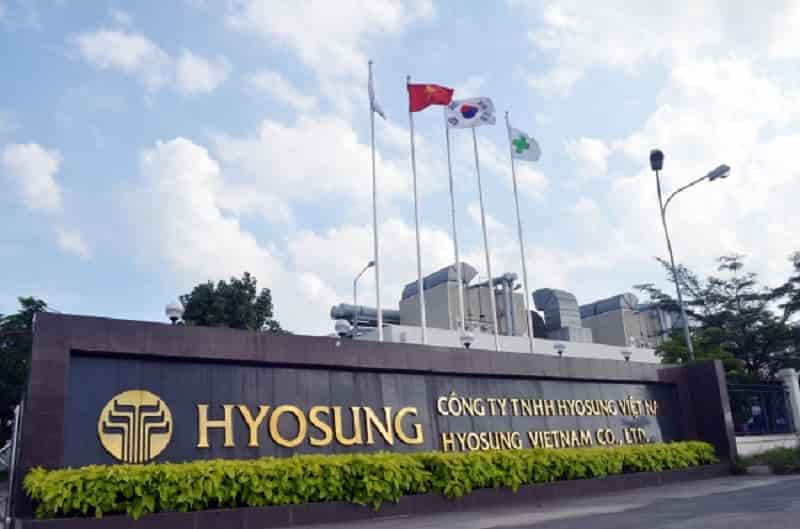
INEOS Nitriles confirms first sales of bio-based acrylonitrile for carbon fibre
Key Highlights:
- INEOS Nitriles has confirmed the first sales of Invireo a new bio-based acrylonitrile, an essential raw material necessary in the production of carbon fibre.
- Acrylonitrile is essential for the production of carbon fibre, which is used in the aerospace, automotive, healthcare and sporting sectors.
- INVIREO Acrylonitrile is produced via a controlled and certified (ISCC+) mass balance route which allows INEOS Nitriles to offer customers products with a 90% reduction in their carbon footprint vs. conventional acrylonitrile-based products.
Acrylonitrile is essential for the production of carbon fibre, which is used in the aerospace, automotive, healthcare and sporting sectors. Bacteria biodegradability
Acrylonitrile is also essential in water purification for millions of households serving billions of people worldwide.
INEOS Nitriles has confirmed the world first sales of Invireo a new bio-based Acrylonitrile, an essential raw material necessary in the production of carbon fibre, which delivers significant environmental benefits in the transport and water treatment sector.
INVIREO Acrylonitrile is produced via a controlled and certified (ISCC+) mass balance route which allows INEOS Nitriles to offer customers products with a 90% reduction in their carbon footprint vs. conventional acrylonitrile-based products. Bacteria biodegradability

Bacteria added to plastic to enhance biodegradability
A form of bacteria used as a probiotic and food additive is being incorporated into plastic that biodegrades when exposed to compost.
Led by a team at the University of California San Diego, the research has developed a biodegradable form of thermoplastic polyurethane (TPU), a melt-processable thermoplastic elastomer found in footwear, floor mats, cushions and memory foam.
The TPU is filled with bacterial spores that, when exposed to nutrients present in compost, germinate and break down the material at the end of its life cycle. The work is detailed in Nature Communications. Bacteria biodegradability
The biodegradable TPU was made with bacterial spores from a strain of Bacillus subtilis that breaks down plastic polymer materials.
“It’s an inherent property of these bacteria,” said study co-senior author Jon Pokorski, a nanoengineering professor at the UC San Diego Jacobs School of Engineering and co-lead of the university’s Materials Research Science and Engineering Center (MRSEC). “We took a few strains and evaluated their ability to use TPUs as a sole carbon source, then picked the one that grew the best.” Bacteria biodegradability
The researchers used bacterial spores, a dormant form of bacteria, due to their resistance to harsh environmental conditions.
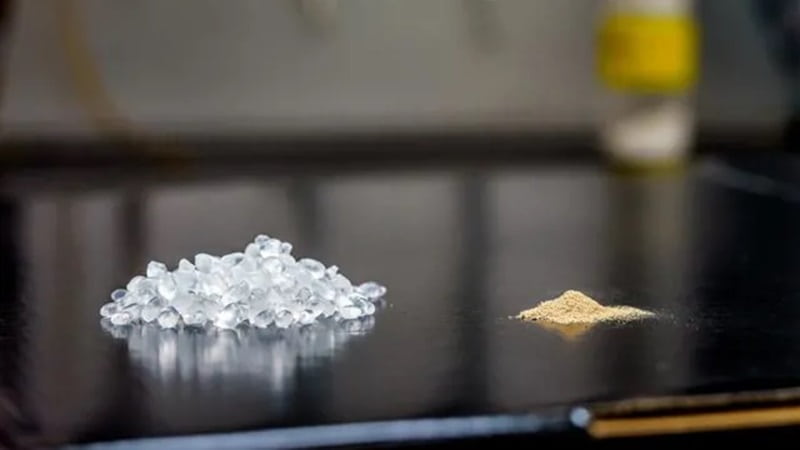
Why are adhesives vital to meeting rPET targets?
In the first of our two Wider View articles with H.B. Fuller this year, we ask what is behind the lack of high-quality rPET for bottles on the market, delve into the regulatory context and – most importantly – explain why choosing the right adhesives, such as the recently launched H.B. Fuller® Earthic™ 4001, is crucial to achieving circularity targets.
The current regulatory landscape for rPET and plastics circularity clearly shows why making the right choices in packaging design – especially when it comes to adhesives – can pay dividends down the road. Bacteria biodegradability
The provisional deal on the Packaging and Packaging Waste Regulation (PPWR) reached by The European Parliament and Council presidency in early March has reaffirmed the 2030 and 2040 targets for recycled content in plastic packaging. This is good news for the industry, as Elizabeth Staab, Global Packaging Sustainability Manager at H.B. Fuller, tells us.
“Mandatory quotas for Post Consumer Recycling (PCR) in packaging as outlined in the PPWR will provide more forecasting security for recyclers to invest in state-of-the-art infrastructure. Mandatory use of PCR will be a market requirement in the EU rather than a voluntary commitment.” Bacteria biodegradability
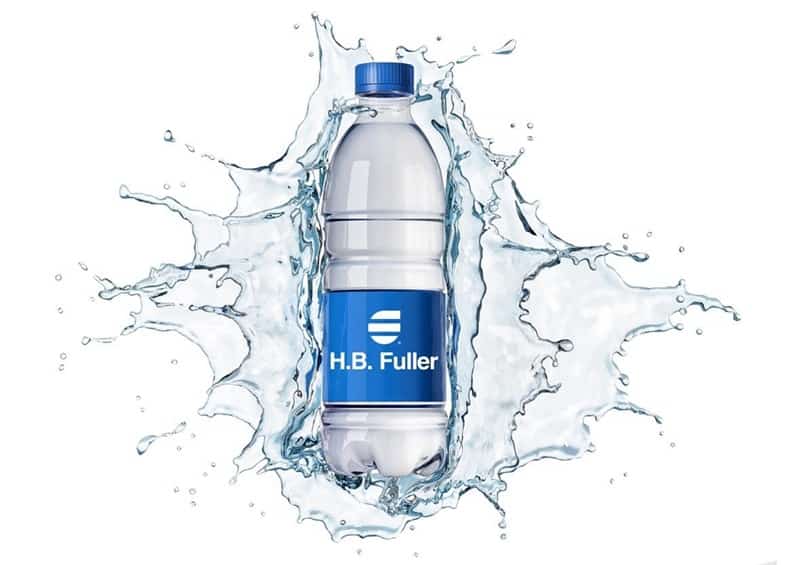
Resinex begins distribution of Selenis medical PETG range
Key Highlights:
- Resinex plays a crucial role in bringing the new Selcare medical PETG range to the healthcare industry, specifically for medical devices.
- Selcare HC 300 is an amorphous copolyester specifically developed for injection moulding parts for medical devices and diagnostic applications, such as fluid management components.
- Selcare offers a comprehensive selection of three medical grade plastics for medical devices, with high chemical resistance, impact strength and durability.
As a partner of Selenis, Resinex plays a crucial role in bringing the new medical PETG range, Selcare, to the healthcare industry, specifically for medical devices.
Selcare offers a comprehensive selection of three medical grade plastics for medical devices, with excellent chemical resistance, impact strength and durability so that the medical value chain can exceed the high expectations from customers. This partnership aims to introduce these innovative medical grades to the industry. Bacteria biodegradability
Selcare HC 300 is an amorphous copolyester specifically developed for injection moulding parts for medical devices and diagnostic applications, such as fluid management components, dialysers and injectable devices.
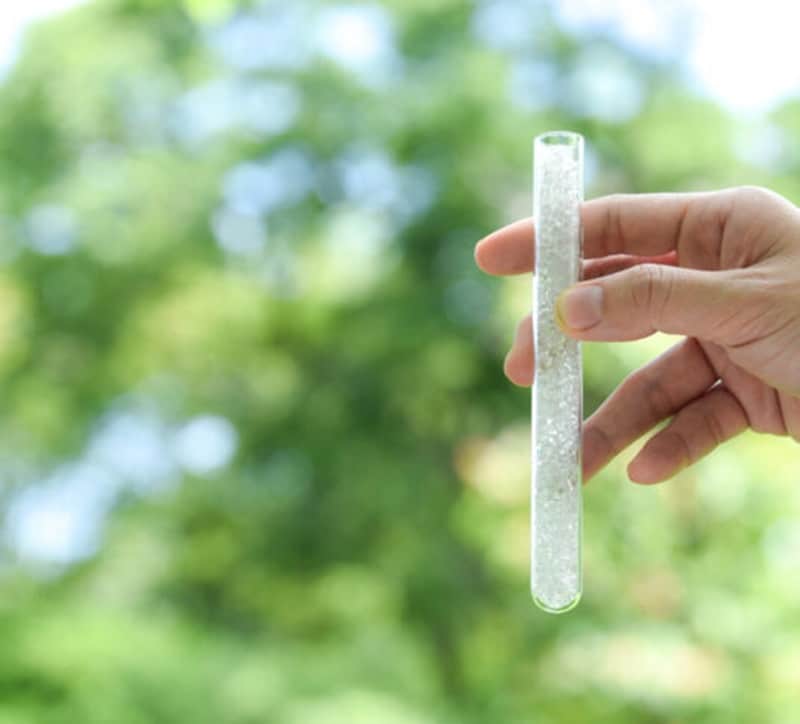
Bacteria biodegradability
